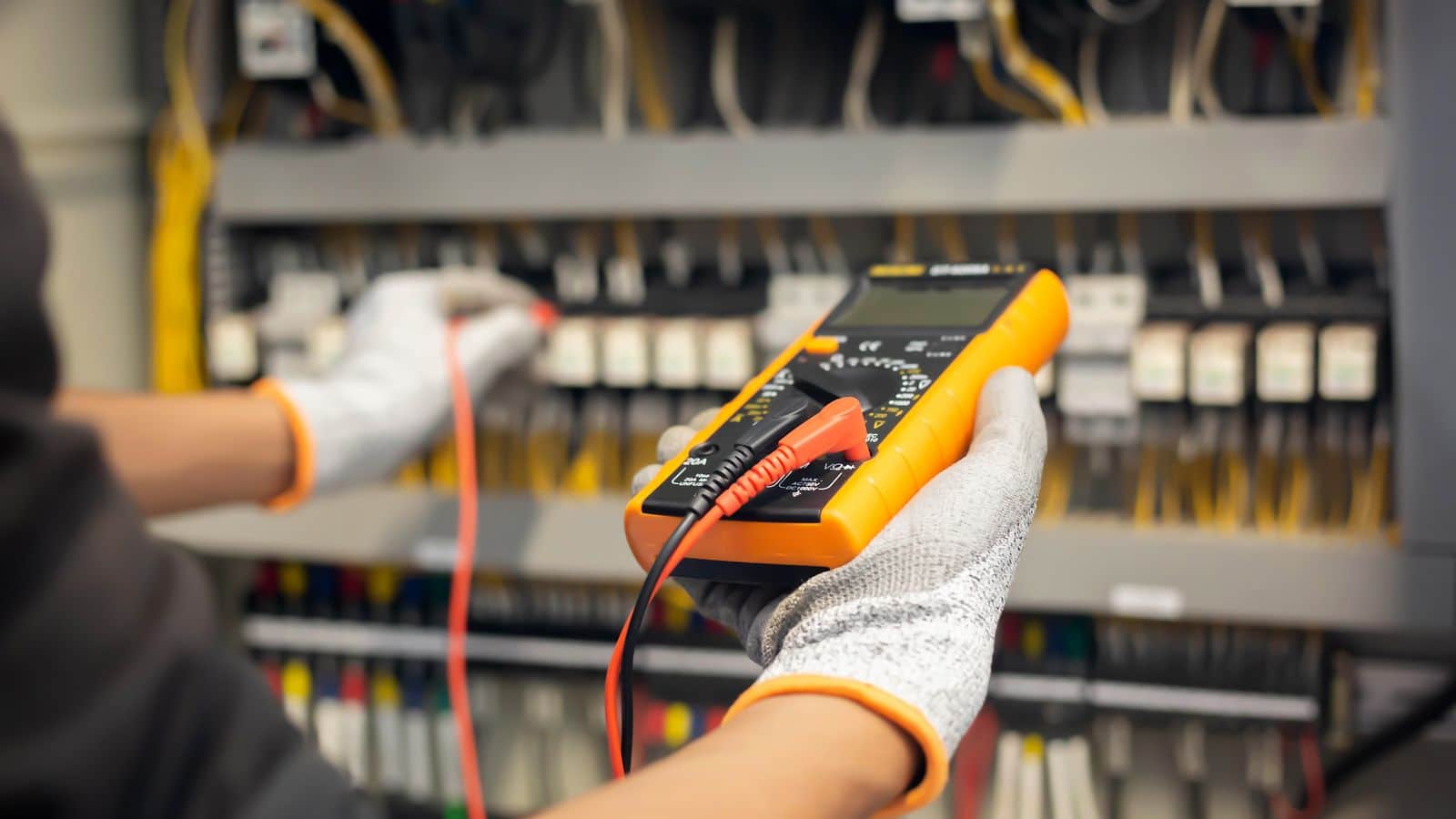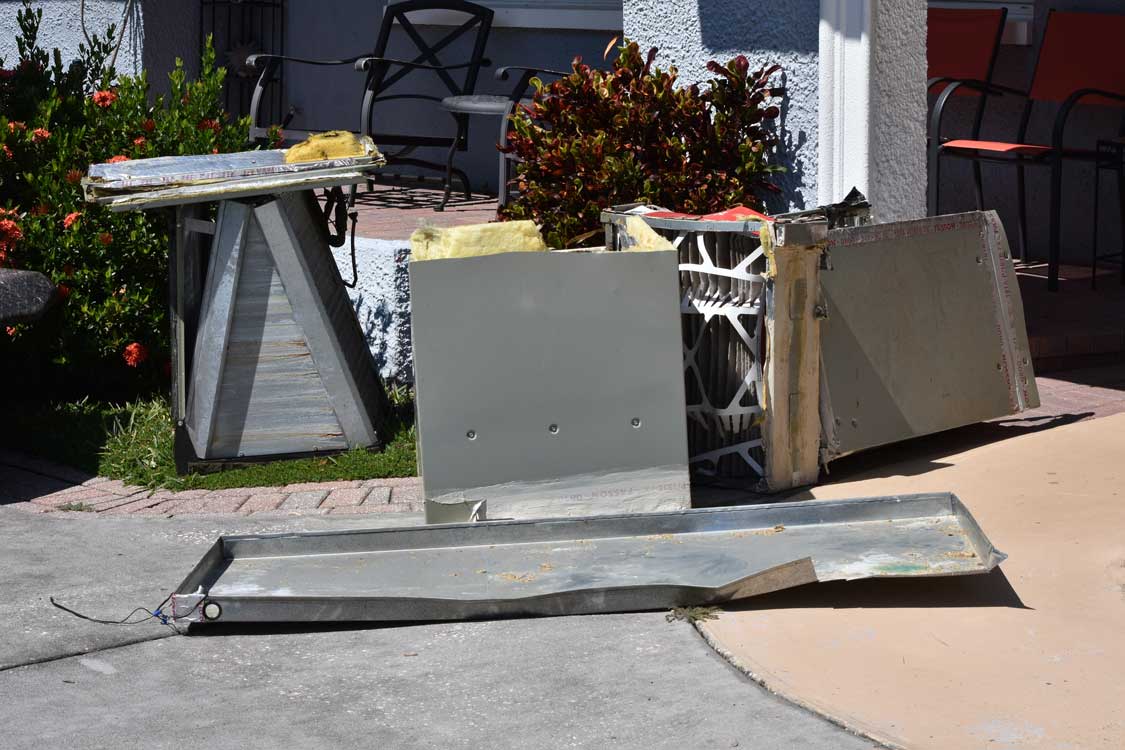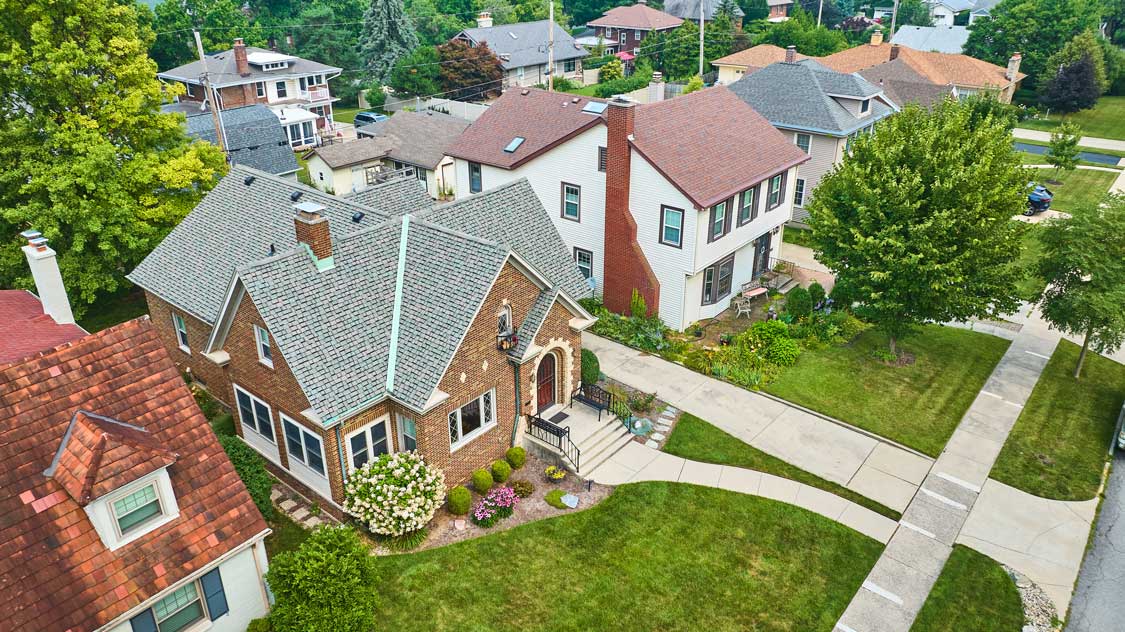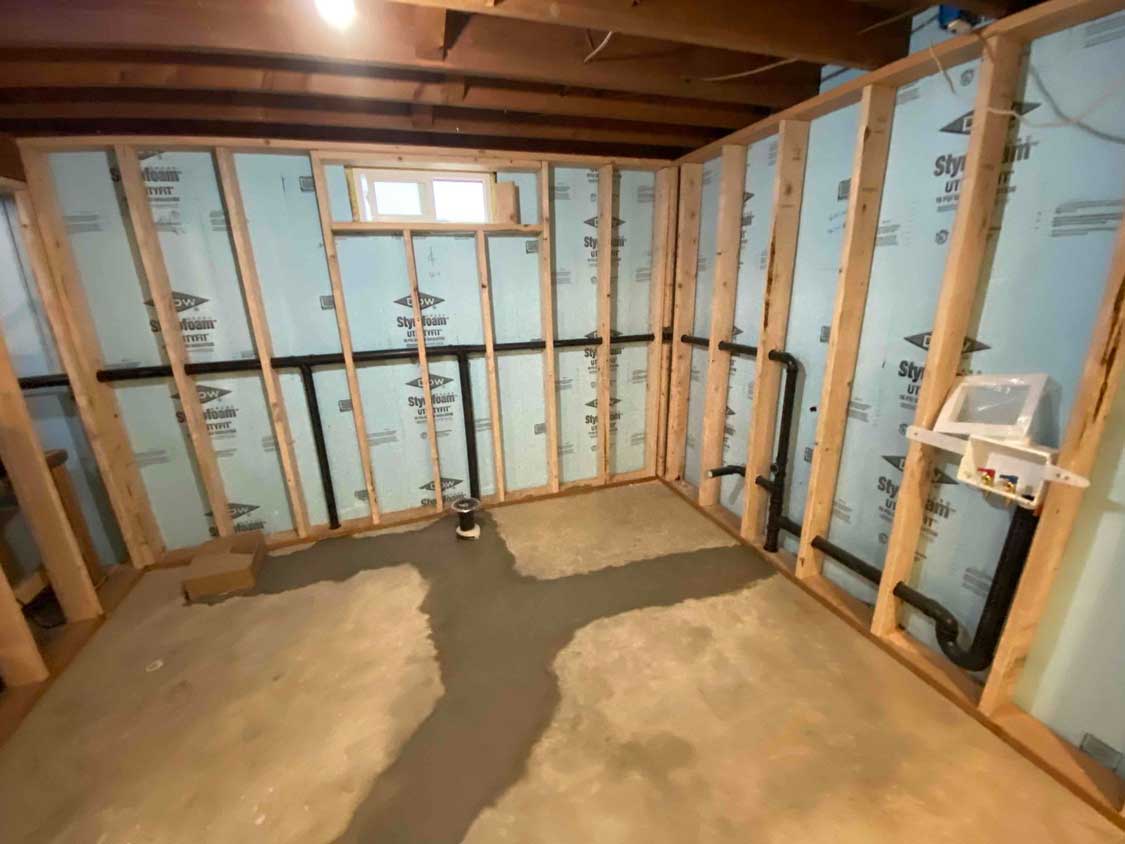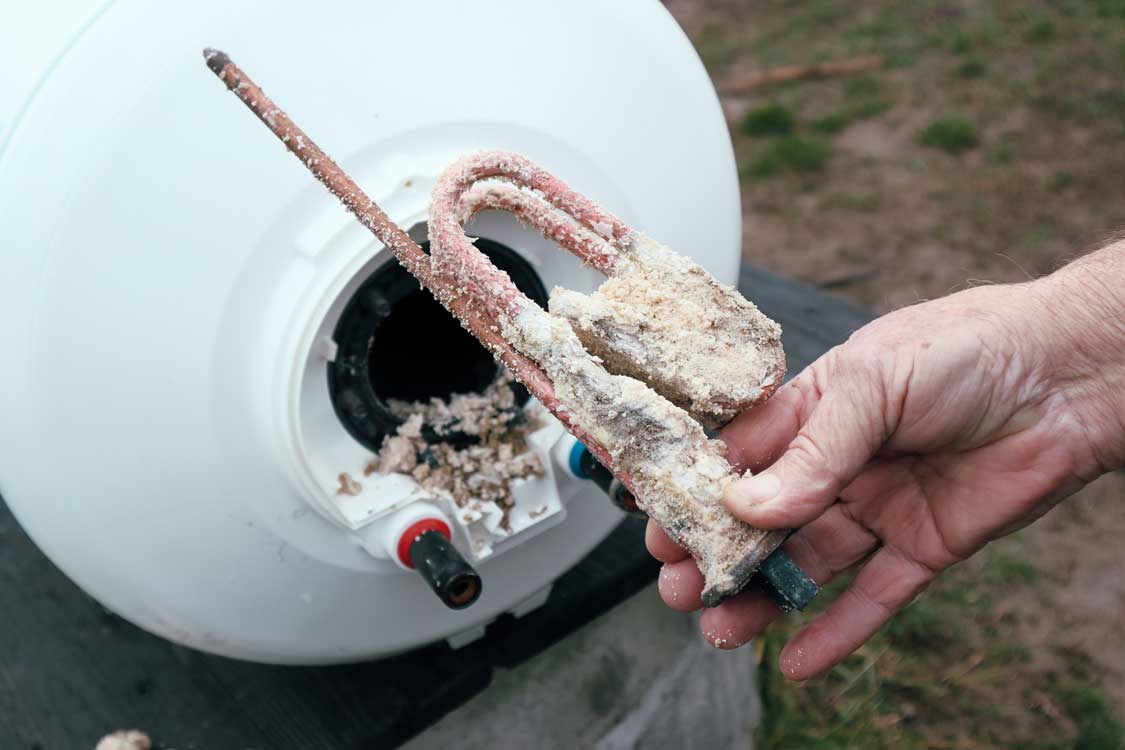Shorter days mean more time spent indoors, making flickering lights harder to ignore. While it might seem like a minor annoyance, it could signal a bigger issue within your electrical panel. At Mainstream, we know a safe and reliable electrical system is essential for your home. Understanding the cause of flickering lights can help prevent more serious electrical problems down the road. Learn more about potential issues and when it’s time for an upgrade with our expert guide on circuit breaker panels.
Common Reasons Behind Flickering Lights
Flickering lights can stem from various causes. While some are minor, others require immediate attention to avoid bigger problems. Here are the most frequent culprits:
Loose Wiring Inside the Electrical Panel
Loose wiring in an electrical panel often causes lights to flicker. Over time, wires can loosen due to temperature shifts, vibrations, or improper installation. When connections aren’t secure, the flow of electricity becomes unstable, leading to flickering or dimming lights.
Loose wiring poses more risks beyond flickering lights. It can result in electrical arcing, where electricity jumps between loose wires, creating heat. This heat significantly increases the risk of house fires. In the U.S., electrical arcing is one of the leading causes of home fires. Ignoring flickering lights could put your property and loved ones in danger.
Failing Circuit Breakers
Circuit breakers are central to your home’s electrical safety, regulating and protecting against overloads. However, they wear out over time. A malfunctioning breaker might struggle to maintain consistent electricity flow to its circuits, often causing lights to flicker, especially when larger appliances are running.
A faulty breaker may also trip frequently or fail to trip when needed, leading to overheating and other hazards. If flickering lights continue and a failing breaker seems to be the issue, tackling the problem promptly can help prevent further complications.
Overloaded or Outdated Electrical Panels
Many older homes in Spokane and the Inland Northwest have electrical panels that were built decades ago, long before modern energy demands. When an electrical panel is outdated or overloaded, it can struggle to distribute power evenly, causing lights to flicker.
Signs of an overloaded panel include frequent breaker trips, warmth around the panel, or even a burning odor. If flickering occurs when large appliances like microwaves or washing machines are running, the panel may not be equipped to handle the load. Upgrading the panel is often necessary to maintain a safe and dependable electrical system.
Why Flickering Lights Shouldn’t Be Ignored
Flickering lights might appear to be a minor inconvenience, but they often signal deeper issues that can jeopardize your home’s safety. Addressing them sooner rather than later can help avoid serious risks.
Fire Risks
Electrical fires caused by faulty wiring or outdated panels are a hidden danger in many homes. Flickering lights frequently act as a warning that something isn’t working properly. Loose wires, overloaded panels, or failing breakers can overheat and ignite, leading to devastating fires. Fixing the root cause of flickering lights can help prevent these potentially life-threatening events.
Harm to Appliances and Electronics
Unstable voltage caused by electrical problems doesn’t just affect lights—it can damage appliances and electronics too. Items like refrigerators, TVs, and computers are particularly sensitive to power fluctuations. Over time, this instability can shorten device lifespans or cause outright failures.
Safety Risks for Your Family
Your family’s safety depends on a reliable electrical system. Flickering lights suggest that something within the system isn’t functioning properly, increasing risks like electrical shocks and fires. Ensuring the system is in good shape provides peace of mind and a safer living environment.
When an Electrical Panel Upgrade Is Needed
Signs Your Electrical Panel May Be Failing
Persistent flickering lights or other electrical problems could mean it’s time to replace your electrical panel. Common warning signs include:
- Lights flickering, especially when multiple appliances are being used.
- Circuit breakers that trip frequently or refuse to reset.
- A burning smell or unusual heat coming from the panel.
These indicators suggest the panel is struggling to meet your home’s electrical needs, which could lead to bigger problems if left unaddressed.
Advantages of Upgrading Your Panel
Upgrading an electrical panel offers several advantages, including improved safety and reliability. A modern panel can handle today’s electrical loads, reducing flickering lights, breaker trips, and power surges. Plus, a new panel can increase your home’s value and ensure your system is ready for future demands.
Why Professional Help Is Essential
Hazards of DIY Electrical Repairs
Handling electrical repairs on your own can be extremely risky. Electrical work requires specific knowledge and training to ensure safety. Attempting fixes without expertise can result in electrical shocks, fires, or further damage. Additionally, DIY repairs may void warranties and violate local safety codes.
How Experts Identify the Problem
When you call Mainstream to address flickering lights, our licensed electricians use a thorough diagnostic process. They inspect the electrical panel, test circuits, and look for loose connections, failing parts, or outdated equipment. Using their experience and advanced tools, they determine the exact cause of the problem and recommend the best solution, whether it’s a quick repair or a full-panel upgrade.
Solutions. Not Surprises.
At Mainstream Electric, Heating, Cooling, & Plumbing, we know that flickering lights can be more than just a nuisance—they can be a sign of a serious problem lurking in your electrical panel. Our team of licensed electricians has the knowledge and experience to quickly diagnose the issue and provide the best solution for your home.
Contact Mainstream today to schedule your electrical inspection and enjoy the peace of mind that comes with a safe, reliable electrical system.

